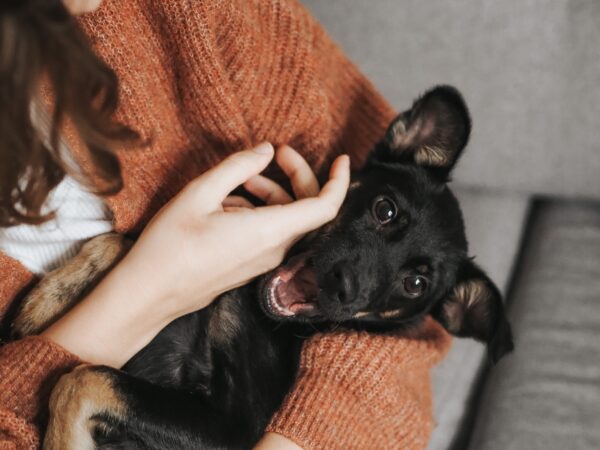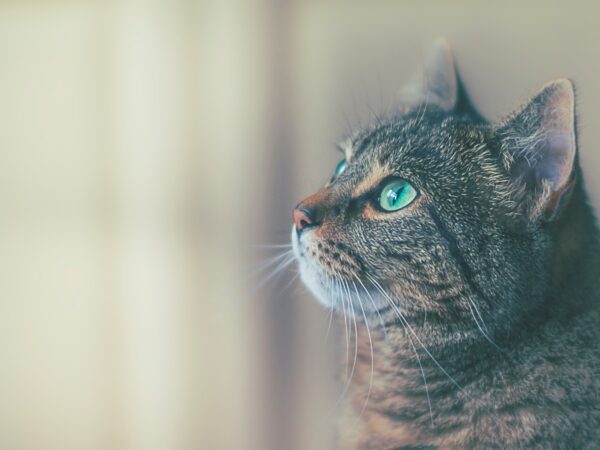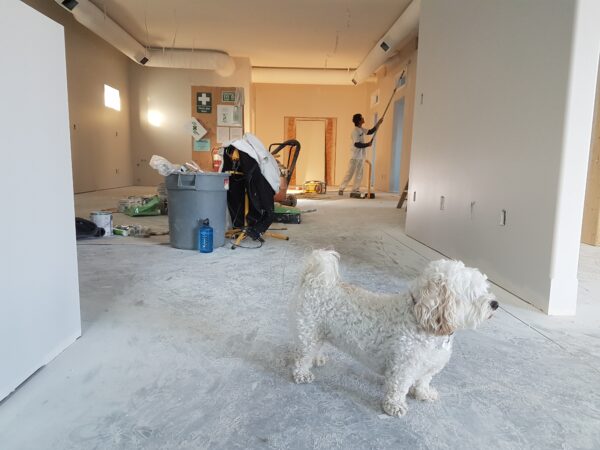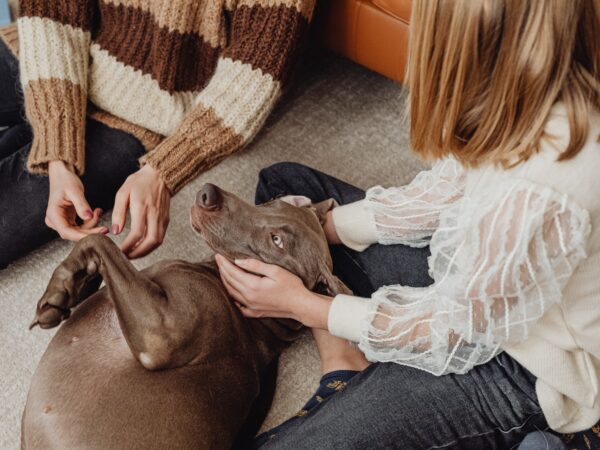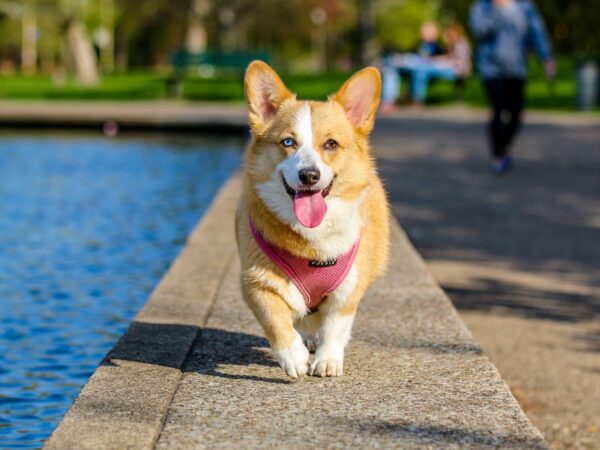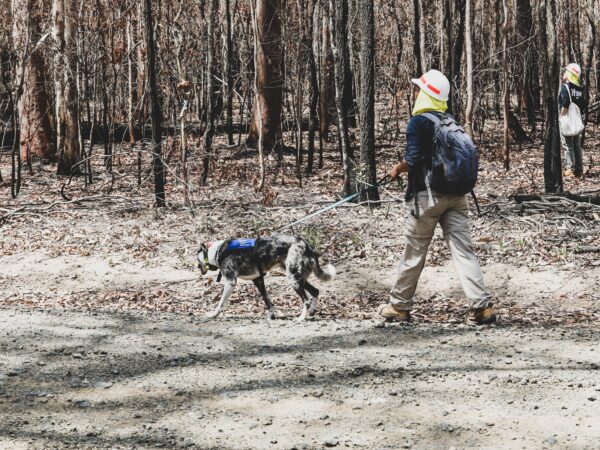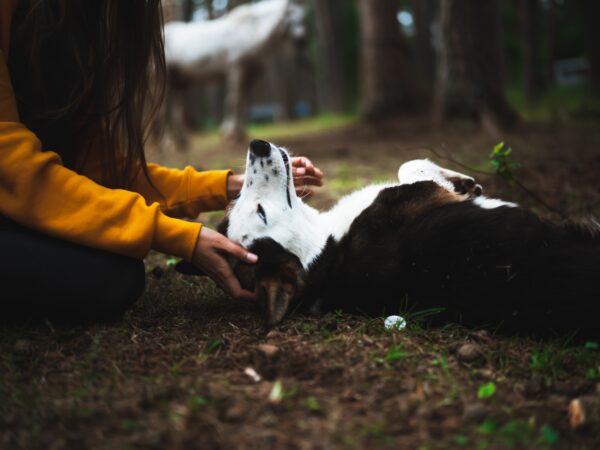Pets have been an integral part of the human society, providing companionship and emotional support to their owners for thousands of years. Whether it is a friendly dog, a cuddly cat, or an exotic bird, owning a pet can be a very rewarding experience. However, the reality of owning a pet goes far beyond the emotional connection between the owner and their furry friend. From the initial cost of acquiring a pet to recurring expenses associated with feeding, grooming, and veterinary care, owning a pet can be a significant financial commitment.
In this article, we will explore the different aspects and reality of owning a pet, ranging from companionship to costs, and provide insights into how to make informed decisions about pet ownership.
Section 1: Companionship
The most immediate and obvious benefit of owning a pet is the companionship and emotional support they provide.
Pets can be great stress-relievers, helping their owners feel happier, more relaxed, and less anxious. They offer unconditional love and affection, which can be especially helpful for people who may be lonely or suffering from mental health conditions such as depression and anxiety.
Pets provide their owners with a sense of purpose, responsibility, and routine, which can help them feel more motivated, productive, and fulfilled in their daily lives.
Research has shown that pets can also have physical health benefits, such as reducing blood pressure, improving heart health, and boosting the immune system. Regular exercise and outdoor activities with pets can improve physical fitness and promote an active lifestyle.
Section 2: Costs
While pets can provide companionship and emotional support, they also come with a significant financial burden. The initial cost of acquiring a pet, such as adoption fees or breeder fees, can vary based on the type of animal and breed.
For dogs, the average cost of adoption ranges from $50 to $500, while the average cost of purchasing a purebred dog from a breeder can be upwards of $1,000. For cats, the average cost of adoption ranges from $15 to $200, while the average cost of purchasing a purebred cat from a breeder can be upwards of $1,500.
In addition to the initial cost of acquiring a pet, ongoing expenses associated with pet ownership include food, grooming, toys, and veterinary care. The cost of pet food can range from $10 to $50 per month, depending on the type of animal and brand of food.
Grooming costs, such as professional grooming services or grooming supplies, can range from $30 to $100 per month. Toys and other pet accessories can cost anywhere from $10 to $50 per month.
The biggest recurring expense associated with pet ownership is veterinary care. Pets require regular health check-ups, vaccinations, and preventative care to ensure they stay healthy and happy.
The cost of veterinary care can vary based on the type of animal and treatment required, but on average, pet owners can expect to spend between $500 to $1,000 per year on veterinary expenses.
Section 3: Responsibility
Owning a pet is a significant responsibility that requires commitment, time, and effort. Pet owners must be willing to provide their pets with adequate food, water, shelter, and exercise. They must also be willing to provide their pets with attention, training, and socialization to prevent behavioral issues such as aggression, anxiety, or destructive behavior.
Pet owners must also be willing to ensure their pets receive proper veterinary care, including regular check-ups, vaccinations, and preventative care. This involves scheduling appointments, monitoring their pets’ health, and being prepared for unexpected medical emergencies.
Owning a pet also requires responsible behavior from the owner. This includes following city or state laws regarding pet ownership, such as licensing, leash laws, and waste disposal. It also involves providing adequate supervision and control of the pet to prevent accidents or incidents that could harm other people or animals.
Section 4: Lifestyle Considerations
Before acquiring a pet, potential owners should carefully consider their lifestyle and living situation to ensure they are prepared for the commitment and responsibilities associated with pet ownership. For example, owning a high-energy dog requires a significant amount of exercise and outdoor activity, which may not be suitable for owners who have limited outdoor space or work full-time jobs. Owning a cat requires providing adequate indoor space and enrichment activities to prevent boredom and destructive behavior.
Pet owners must also be prepared for the potential impact pet ownership can have on their finances and daily routine. This includes budgeting for pet-related expenses, such as food, grooming, and veterinary care, as well as planning for how to care for their pet when they are away from home or require unexpected medical care.
Conclusion
In conclusion, owning a pet can be a very rewarding experience, providing companionship and emotional support to their owners. However, pet ownership is a significant financial commitment, ranging from the initial cost of acquisition to ongoing expenses associated with feeding, grooming, and veterinary care. Pet ownership also requires responsibility, commitment, and effort on the part of the owner, which may not be suitable for everyone.
Potential pet owners should carefully consider their lifestyle and living situation before making the decision to acquire a pet, to ensure they are prepared to be responsible pet owners and provide adequate care and attention to their furry friend. By taking into account the reality of owning a pet and making informed decisions, pet owners can enjoy a long and happy life with their beloved animal companion.



